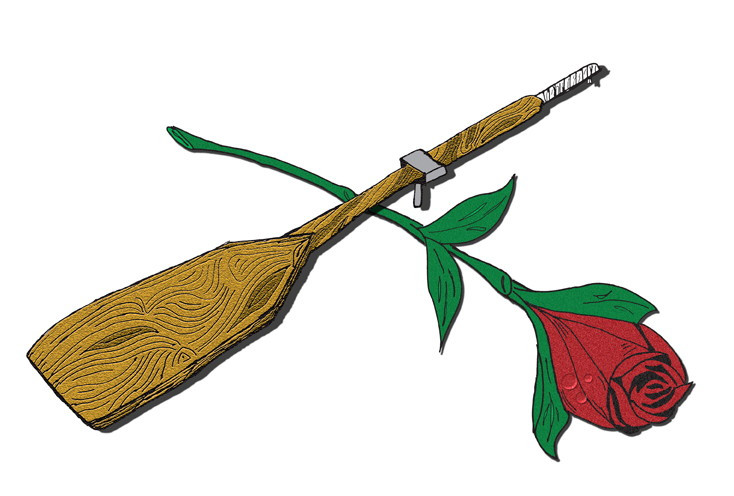University of Manitoba’s financial troubles nothing new
Student fees won’t rise because of budget shortfall, university says
The University of Manitoba is experiencing a financial shortfall due to the recession as well as falling mortality rates for retired faculty on pension plans.
The U of M will request $36.4 million from the provincial government to maintain the status quo for the next academic year, but the university is unlikely to get the full amount. News of this number came from a town hall meeting hosted by U of M president David Barnard last month.
“The shortfall is not something new,” said John Danakas, U of M director of public affairs.
The university must tell the Council on Post-Secondary Education every year how much money is required to maintain an equal level of service.
“We greatly appreciate the provincial government’s help, but we have never received the full amount we requested,” explained Danakas.
Since the university’s financial situation is based on a yearly process, it is impossible for them to predict future recovery.
But two projects are currently helping with long-term financial stability. Resource Optimization and Service Enhancement (ROSE) is meant to optimize administration and Optimizing Academic Resources (OARs) is meant to look at academics.
Danakas said they are waiting to see what the provincial government will contribute to cover the shortfall before considering raising tuition fees, but said a raise would help.
University of Manitoba Students’ Union (UMSU) president Sid Rashid will be involved with ROSE and OARs. He does not want to see tuition fees rise as a result of the shortfall.
“Students should not be forced to pay the price of this economic recession, at least with regards to post-secondary education in this country,” said Rashid.
Rashid said the operation of UMSU will not be directly affected but “it goes without saying that here at UMSU we are concerned that the university may have to cut services they provide to our students.”
Some U of M students, like Quinn Sommerfeld, say the shortfall is not evident.
“They’re spending money on new buildings when I would like them to spend money on repairing older buildings that are falling apart,” he explained.
Sommerfeld said he would be in favour of increasing tuition as long as the money goes to the right places and not only to administration.
Published in Volume 64, Number 10 of The Uniter (November 5, 2009)







